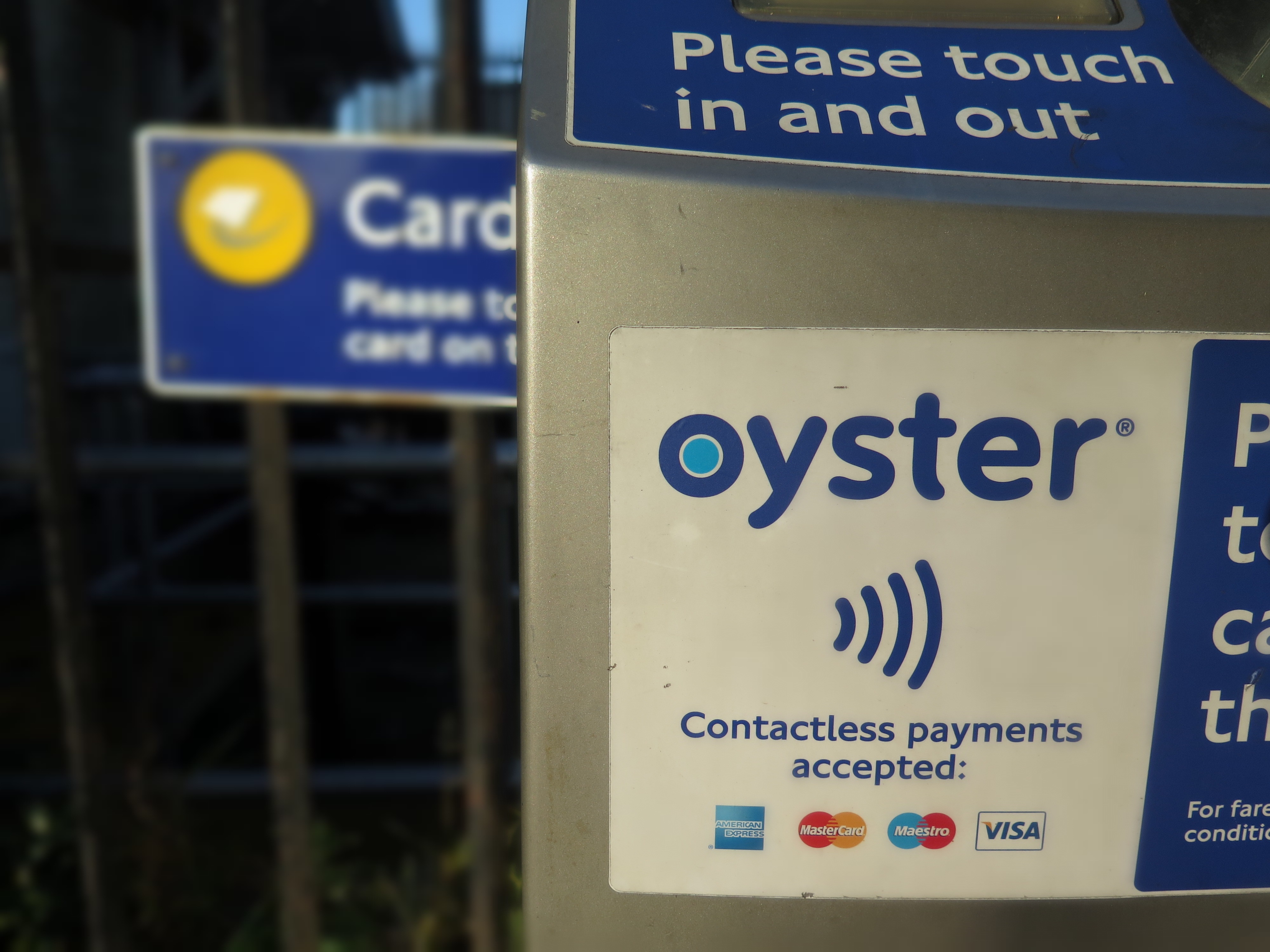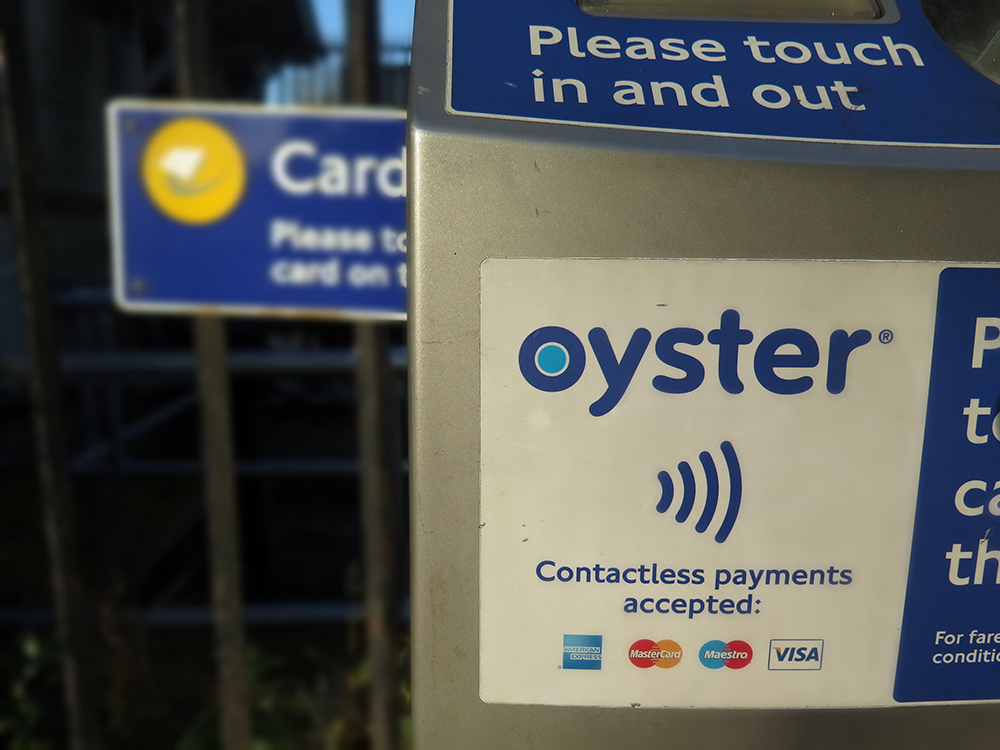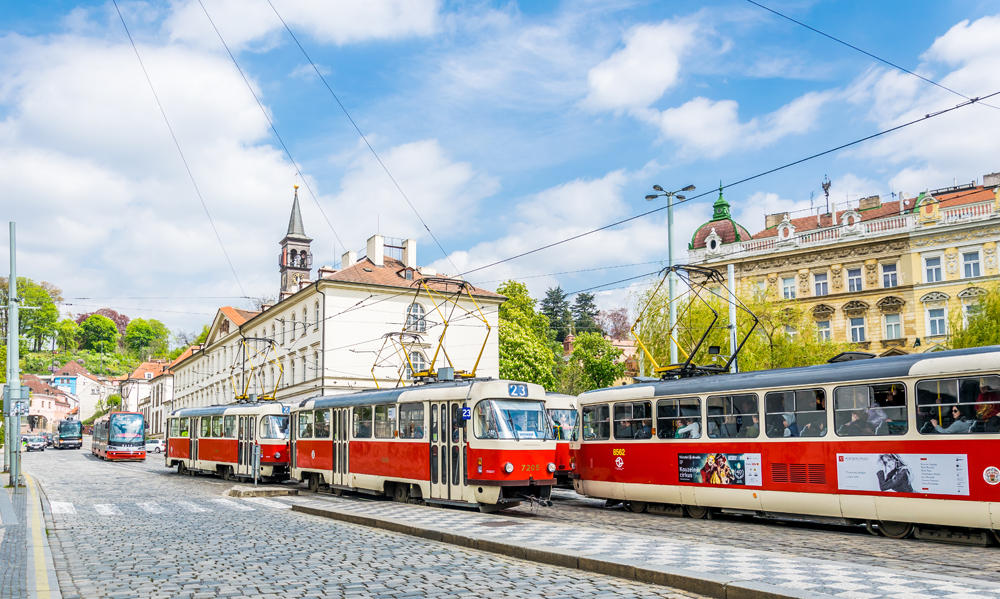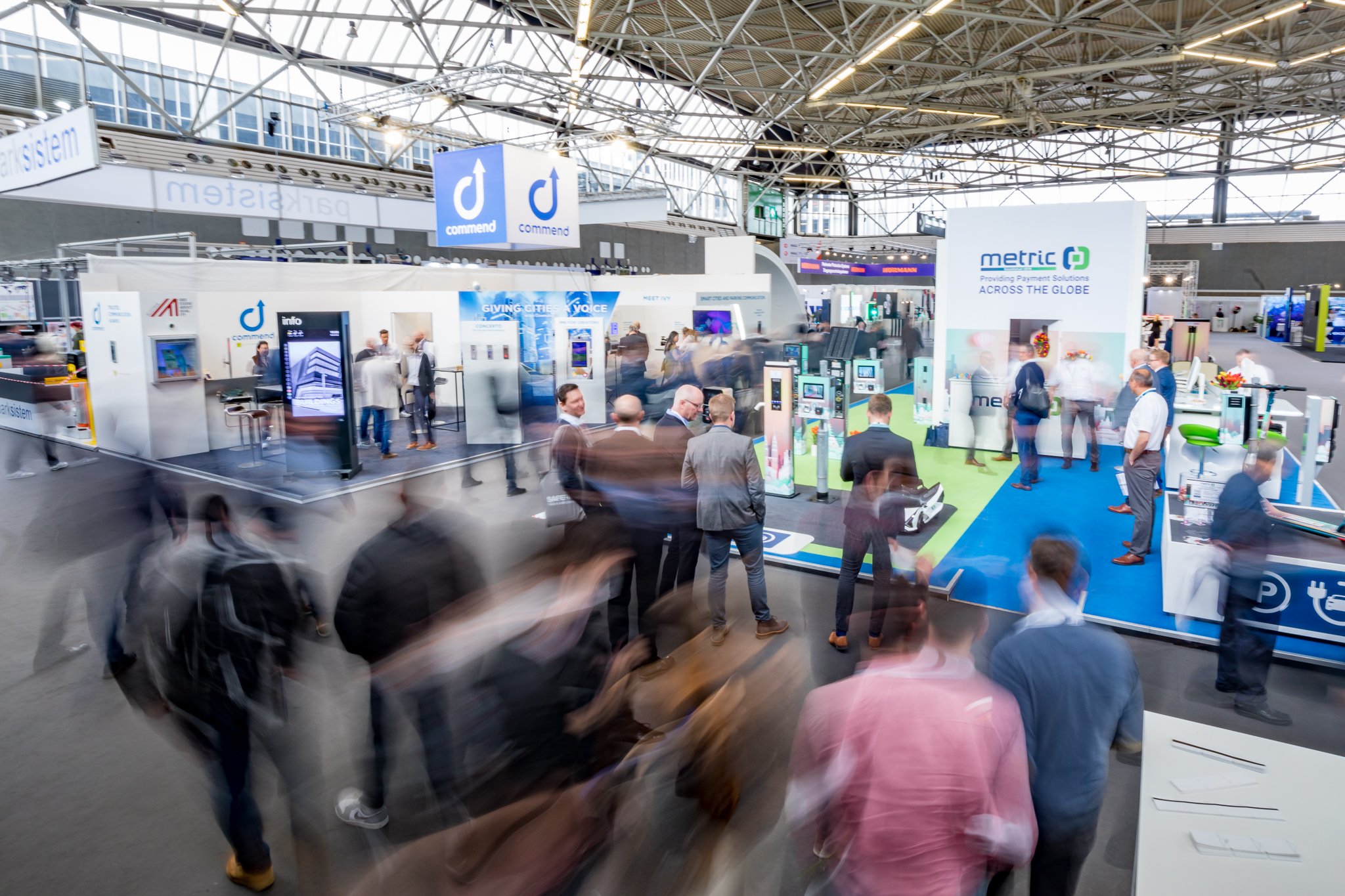
Technological advancements have transformed the way we use current modes of transport.
Whether it’s the growth of ride-hailing apps, new developments in GPS and navigation systems, more sophisticated cashless payments, or the development of electric vehicles, these innovations have all delivered significant benefits for users. Customers seek an integrated and seamless user experience, continued electrification, and safe and accessible transport infrastructure.
As such, technology has paved the way for the emergence of Mobility as a Service (MaaS), which has revolutionised the shared urban transport sector. MaaS apps enable users to pay for and plan trips across multiple modes of transport, including public transport, taxis, e-bikes, e-scooters, car sharing, car rental and more – all hosted on a single, centralised platform.
Advancements in technology will continue shaping the development of a fully integrated, shared urban mobility sector, facilitating growth for MaaS and offering both efficiency, comfort and convenience for often busy and time-poor users.
The optimised functionality of booking apps
Technology has laid the groundwork for on-demand mobility and ride-hailing apps to become better integrated and more user-centric. Passengers can now easily access their journey information in real-time, supported by accurate arrival estimates, reducing uncertainty. Embedded in-app algorithms synchronise factors such as distance, driver availability and traffic conditions optimise the route-planning experience for users. The latest data reveals that there are over 18 million users of ride-hailing apps in the UK alone, highlighting their appeal and demand.
Upfront, transparent fare estimates also help users plan and budget, accordingly, facilitated by the integration of inbuilt digital wallets, which enable contactless payments.
Users are guaranteed security through the end-to-end encryption of digital transactions, which, when coupled with instantaneous settlements, leads to a convenient user experience.
Furthermore, the accessibility features of ride-hailing and MaaS apps support vulnerable people seeking access to vital transport services, be this through wheelchair-accessible vehicles or other types of aid for those who are hearing or sight-impaired. Freenow research indicates that 60% of European citizens want a single mobility app that integrates all transport options to streamline their travel experience. Real-time data sharing and seamless integration with public transport networks, and compatibility across regions are all essential in enhancing the user experience and driving adoption.
Enhancing taxi safety through tech
Technological developments have also enabled greater passenger safety through identification and verification measures, as well as the option for direct correspondence with drivers. With robust driver background checks in place and the option for users to disclose their ride-sharing preferences, shared urban mobility services have put measures in place to guarantee peace of mind and make every journey a safe one.
With ride-hailing services in particular, data encryption is also a key tool enabled to protect users’ personal information from being intercepted or misused; phone numbers are anonymised, and personal contact details stay private.
The integration of features such as emergency buttons also allows users to quickly contact authorities or share their ride details with trusted contacts for added safety. However, passenger safety doesn’t just begin before someone enters a vehicle – it also continues after they’ve reached their destination. This can often be demonstrated through feedback, where users can rate drivers and share thoughts, demonstrating accountability and how ride-hailing apps seek to render every journey a safe experience.
Incentives for efficient mobility and reduced environmental impact
Compared to private car ownership, taxis exhibit a lower environmental impact. This unlocks more space on roads and reduces congestion. Fleets can scale and adapt to the latest and greenest EV technologies, and they allow for optimisation. Because vehicles are always on the move, they don’t take up space and can be easily combined with other transport. Consumers are flocking to shared, more sustainable modes of urban mobility and are looking to use their private vehicles less.
According to the McKinsey Mobility Consumer Pulse survey, over a quarter of respondents (27%) are planning on making greater use of taxi and ride-sharing services. Environmental concerns are also driving these decisions as Freenow data shows almost all Europeans consider sustainable transport to be key to their city, with 62% agreeing that sustainable mobility behaviour should be strongly incentivised.
Promoting the adoption of MaaS platforms that consolidate various shared mobility choices is essential for the sustainable development of our cities, reducing traffic and allocating car parking space to a greener urban environment.
We’re already witnessing mass behavioural change as European cities look to give public spaces back to pedestrians. Barcelona unveiled plans to transform one million square metres of road surface into a car-free network of green spaces. London also pedestrianised Strand Aldwych, transforming one of the capital’s most congested and polluted streets into a welcoming, greener space.
Technology as a catalyst for positive societal change
Technology continues to drive the transformation of shared urban mobility, reshaping the transportation landscape and offering a glimpse into a more integrated and sustainable future that offers users fast, convenient, and reliable transport.
As we embrace these advancements and work towards building smarter, greener cities, we pave the way for a future where shared mobility is not just a means of transportation but a catalyst for positive societal change.

ABOUT THE AUTHOR
Mariusz Zabrocki is general manager of Freenow UK












